Ardanlabs – Ultimate Go (2020)
$79.00
Product Include:
File size:
Ardanlabs – Ultimate Go (2020)
**More information:
Get Ardanlabs – Ultimate Go (2020) at Salaedu.com
Description
This course teaches how to write better, more idiomatic and performant code in Go with a focus on micro-level engineering decisions. The course begins with the a focus on Go internals that are critical to understanding the core tradeoffs the language makes on readability, simplicity and performance.
01.
Design Guidelines
1.1 Prepare Your Mind
1.2 – Productivity vs. Performance
1.3 – Correctness vs. Performance
1.4 – Code Reviews
1.5 – If Performance Matters
02.
Memory & Data Semantics
2.1 – Variables
2.2 – Struct Types
2.3.1 – Pointers-Part 1 (Pass by Values)
2.3.2 – Pointers-Part 2 (Sharing Data)
2.3.3 – Pointers-Part 3 ( Escape Analysis)
2.3.4 – Pointers-Part 3 ( Stack Growth)
2.3.5 – Pointers-Part 3 ( Garbage Collection)
2.4 – Constants
03.
Data Structures
3.1 – Arrays-Part 1 (Mechanical Sympathy)
3.2.1 – Arrays-Part 2 (Semantics)
3.2.2 – Arrays-Part 3 (Range Mechanics)
3.3.1 – Slices-Part 1 (Declare, Length & Reference Types)
3.3.2 – Slices-Part 2 (Appending Slices)
3.3.3-Slices-Part 3 (Taking Slices of Slices)
3.3.4 – Slices-Part 4 (Slices & References)
3.3.5 – Slices-Part 5 (Strings & Slices)
3.3.6 – Slices-Part 6 (Range Mechanics)
3.4 – Maps
04.
Decoupling
4.1.1 – Methods-Part 1 (Value & Pointer Semantics)
4.1.2 – Methods-Part 2 (Function/Method Variables)
4.2.1 – Interfaces-Part 1 (Polymorphism)
4.2.2 – Interfaces-Part 1 (Method Sets & Address of Value)
4.2.3 – Interfaces-Part 3 (Storage by Value)
4.2.4 – Interfaces-Part 4 (Type Assertion)
4.3 – Embedding
4.4 – Exporting
05.
Composition
5.1 – Grouping Types
5.2.1 – Decoupling-Part 1
5.3.1 – Conversion & Assertions-Part 1
5.3.2 – Conversion & Assertions-Part 2
5.4 – Interface Pollution
5.5 – Mocking
06.
Error Handling
6.1 – Default Error Values
6.2 – Error Variables
6.3 – Types as Context
6.4 – Behavior as Context
6.5 – Find the Bug
6.6 – Wrapping Errors
07.
Packaging
7.1 – Language Mechanics & Design Guidelines
7.2 – Package-Oriented Design
08.
Goroutines
8.1 – OS Scheduler Mechanics
8.2 – Go Scheduler Mechanics
8.3 – Creating Go Routines
09.
Data Races
9.1 – Managing Data Races
10.
Channels
10.1 – Signaling Semantics
10.2 – Basic Patterns
10.3 – Fan Out
10.4 – Wait for Task
10.5 – Pooling
10.6 – Fan Out Semaphore
10.7 – Fan Out Bounded
10.8 – Drop Pattern
10.9 – Cancellation Pattern
11.
Concurrency Patterns
11.1 – Failure Detection
12.
Testing
12.1 – Basic Unit Testing
12.2 – Table Unit Testing
12.3 – Mocking Web Server Response
12.4 – Testing Internal Endpoints
12.5 – Sub Tests
12.6 – Code Coverage
13.
Benchmarking
13.1 – Basic Benchmarking
13.2 – Validate Benchmarking
13.3 – CPU-Bound Benchmarking
13.4 – IO-Bound Benchmarking
14.
Profiling & Tracing
14.1 Profiling Guidelines
14.2 Stack Traces
14.3 Micro Level Optimization
14.4 Macro Level Optimization
14.5 Execution Tracing
More Course:EVERYTHING ELSE
Outstanding Course: https://tradersoffer.forex/product/master-rendering-to-save-time-by-kassa-small/
1 review for Ardanlabs – Ultimate Go (2020)
Add a review Cancel reply
Related products
Everything Else
Everything Else
Everything Else


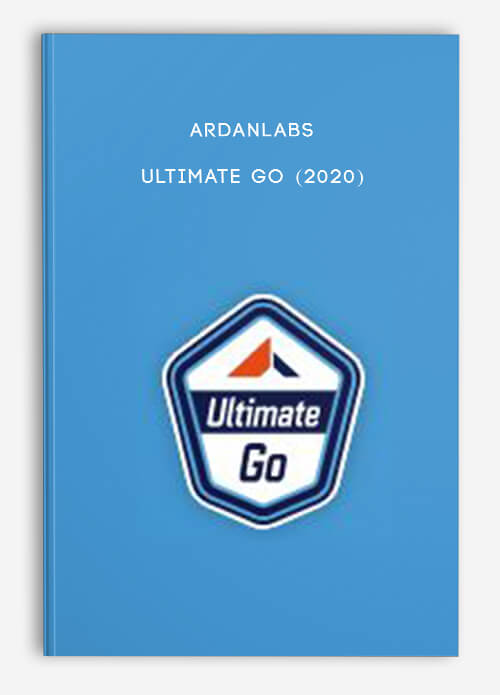
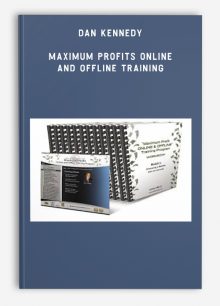
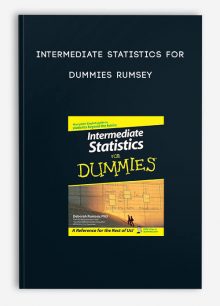
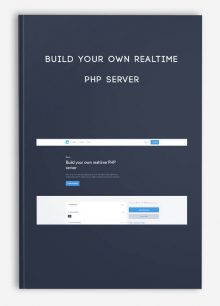




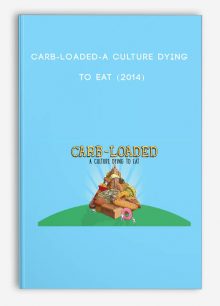
king –
We encourage you to check Content Proof carefully before paying.“Excepted” these contents: “Online coaching, Software, Facebook group, Skype and Email support from Author.”If you have enough money and feel good. We encourage you to buy this product from the original Author to get full other “Excepted” contents from them.Thank you!